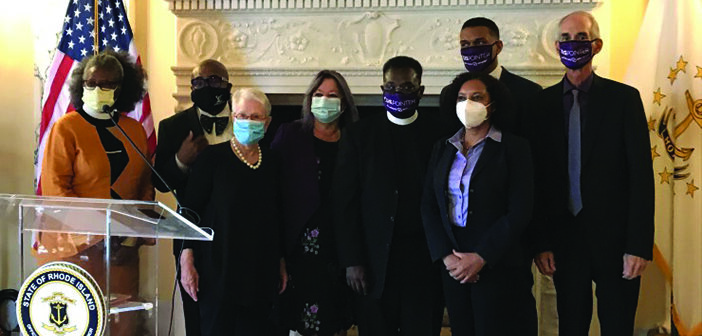Investigators partner with faith-based leaders in Providence to increase participation of Black community members in prevention studies.
An important Alzheimer’s disease prevention study is underway in Providence, under the leadership of researchers affiliated with Butler Hospital, Brown University, and other local partners, and it’s notable for two significant reasons.
First, the study, called US POINTER, doesn’t involve medication or surgery—the goal is to see if changes in diet and exercise can protect against age-related memory loss and cognition problems.
Second, it aims to be more representative of the patients impacted by Alzheimer’s than most research of its kind.
While Alzheimer’s disproportionately affects older Black and Hispanic Americans compared to older white Americans, much of the Alzheimer’s research to date has not included sufficient numbers of Black, Hispanic, Asian, and Native Americans to be representative of the US population. To address that deficiency, the investigators of the local arm of this national study, working with faith-based community leaders, are aiming to increase participation among people of color in Rhode Island and Southern New England.
“People of color have a higher rate of dementia, so these communities need approaches to lower the chance of developing Alzheimer’s disease,” says study co-leader Stephen Salloway, MD, associate director of the Center for Alzheimer’s Disease Research at Brown and director the Memory and Aging Program at Butler. “That’s why we need people from all backgrounds to participate in important prevention studies like US POINTER.”
In Rhode Island, study leaders are working closely with Rev. Howard M. Jenkins Jr., president of the Ministers Alliance of Rhode Island and pastor at Bethel African Methodist Episcopal Church in Providence.
“As faith-based leaders, we recognize that we have a strong and influential voice with our community,” Jenkins says. “Given the importance of Alzheimer’s and its devastating impact on people of color, we’re leveraging our role to encourage widespread participation in this critical trial.”




